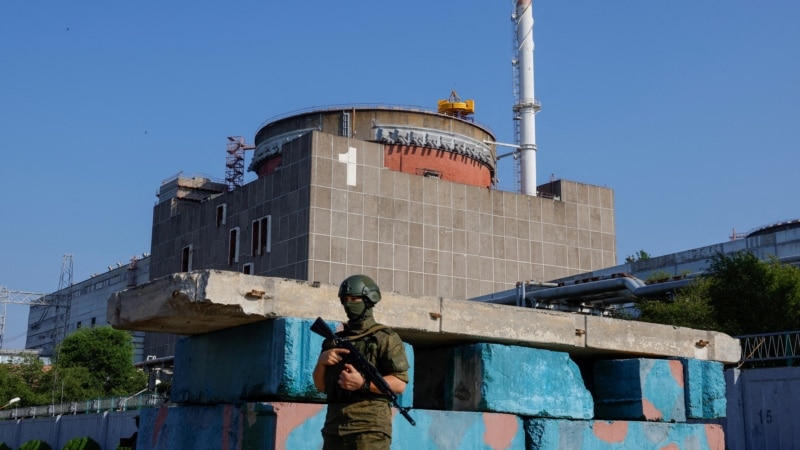The head of the United Nations nuclear power watchdog said on Wednesday his inspectors had been denied access to parts of Ukraine’s Russian-occupied Zaporizhzhia nuclear power station and had yet to receive 2024 maintenance plans for the facility.
The Zaporizhzhia plant was seized by Russia in the days following Moscow’s 2022 invasion of Ukraine.
Each side has accused the other of shelling around the station, Europe’s largest, though its six reactors now produce no electricity.
Rafael Grossi, director general of the International Atomic Energy Agency, said inspectors at the plant for two weeks had no access to the main halls of reactors one, two and six.
“This is the first time that IAEA experts have not been granted access to a reactor hall of a unit that was in cold shutdown,” Grossi said in a statement on the IAEA website.
“This is where the reactor core and spent fuel are located. The team will continue to request this access.”
Inspectors had also been restricted in their access to turbine halls at the plant in southeastern Ukraine, he said.
Grossi said the plant’s operators had taken action to ensure backup electricity supplies to the facility for instances when its main external power line is lost, which he described as a “repeated” occurrence.
Losing its main power source has prompted concern as the plant needs power to cool its reactors, even when shut down. Difficulties have occurred in relying on a current backup line.
Grossi said the IAEA had asked the plant’s operators for a maintenance schedule for 2024, “which has not yet been provided.”
The IAEA chief has visited the plant three times since the invasion — a complicated undertaking crossing the front lines of the 22-month-old conflict.
Grossi has repeatedly called for an end to fighting in the vicinity of the facility to avoid any catastrophic accidents.
In his statement, he said IAEA staff had observed safety standards being upheld at Ukraine’s three other working nuclear stations, though missiles and drones had flown close to two of them — Khmelnitskyi in the west and the South Ukraine plant.

